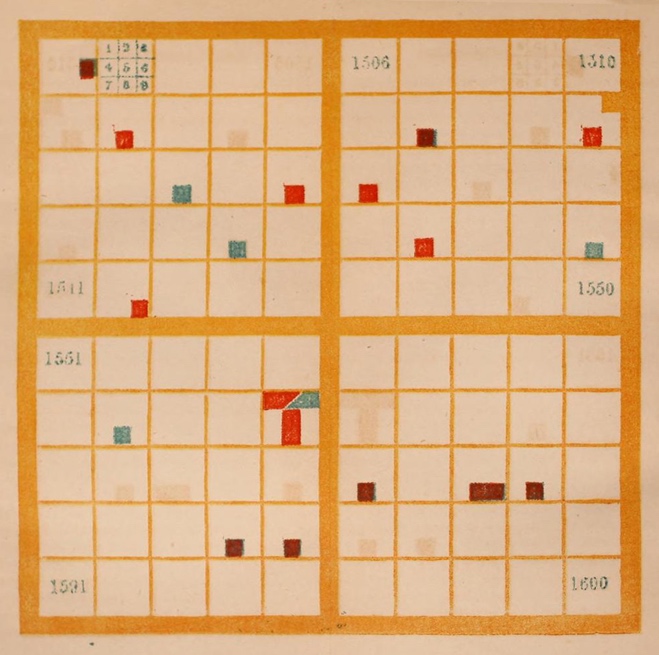Lauren Klein will be giving a keynote talk on her research on data visualization as a feminist method at King’s on 13th September 2022, introduced by Stuart Dunn, head of the Department of Digital Humanities. Further details on her talk are copied below and you can register here (free for both online and on campus attendance).
The keynote is part of a Turing Visualization Group Symposium hosted by CUSP London and the Turing Network Development Award – at King’s College London
Abstract:
Data visualization is not a recent innovation. Even in the nineteenth century, economists and educators, as well as artists and illustrators, were fully aware of the inherent subjectivity of visual perception, the culturally-situated position of the viewer, and the power of images in general—and of visualization in particular—to produce the insights that lead to new knowledge. In this talk, I will examine the history of data visualization in relation to feminist theory, which has also long attended to the situated nature of knowledge and its production Exploring the visualization work of Elizabeth Palmer Peabody (1804-1894), I will show how we might recover her contributions to the development of modern data visualization. I will demonstrate, moreover, that by conceiving of data visualization as a feminist method, we might question the universality of the goals of clarity and efficiency when designing data visualizations, and better value visual forms that encourage sustained reflection and imaginative response. Confirming how visual knowledge is informed by the social, cultural, and political contexts that surround it, this talk will reveal how an awareness of those contexts can lead to more intentional, more effective, and more ethical visualization design.
Biography
Lauren Klein is Winship Distinguished Research Professor and Associate Professor in the departments of English and Quantitative Theory & Methods at Emory University, where she also directs the Digital Humanities Lab. She is the author of An Archive of Taste: Race and Eating in the Early United States (University of Minnesota Press, 2020) and, with Catherine D’Ignazio, Data Feminism (MIT Press, 2020). With Matthew K. Gold, she edits Debates in the Digital Humanities, a hybrid print-digital publication stream that explores debates in the field as they emerge.

